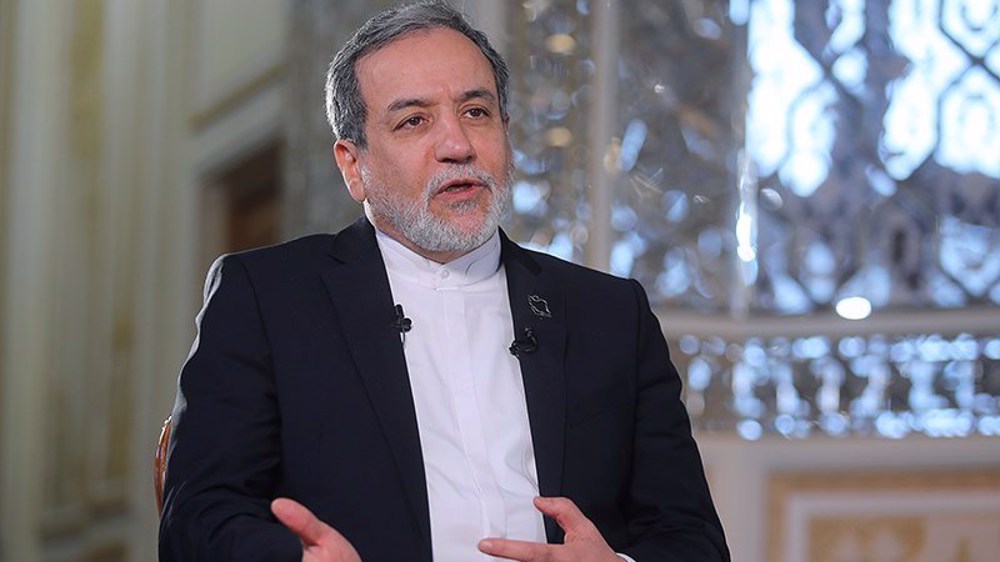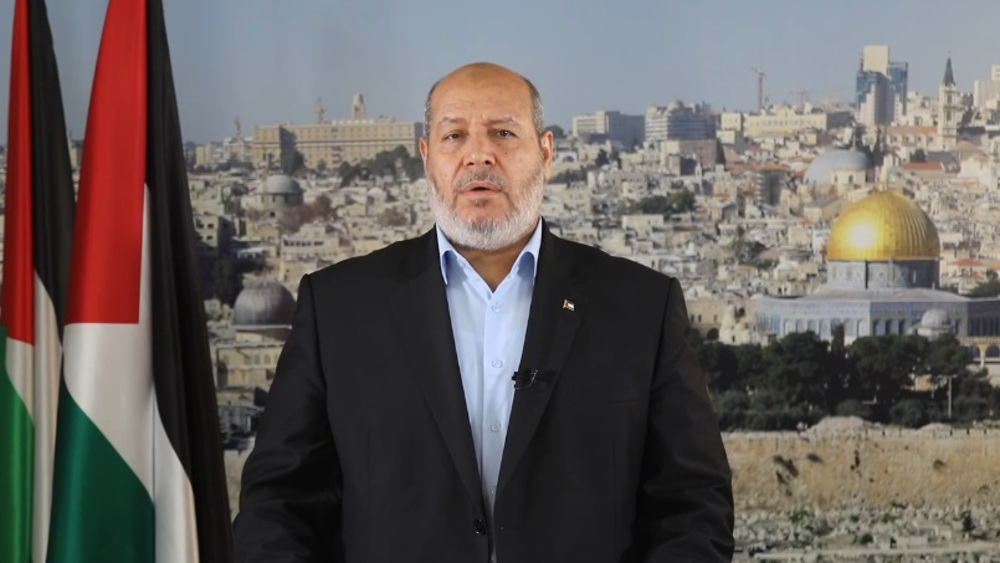Iran, Turkey, Russia sidelining US in fight against terrorism
The presidents of Iran, Turkey and Russia are to meet in the Turkish capital of Ankara to discuss matters of common interest, especially regional issues and the ongoing fight against terrorists in Syria.
Iranian President Hassan Rouhani and his Russian and Turkish counterparts Vladimir Putin and Recep Tayyip Erdogan, respectively, will discuss the ongoing situation in the war-torn Arab country on Wednesday.
Presidents of the three countries, as guarantors of ceasefire in Syria, will hold the meeting on the same day that the Russian capital is to host Moscow International Security Conference, which will be attended by defense ministers and other high-ranking officials from about 30 countries.
The important point about the trilateral summit is total exclusion of Western countries, especially the United States, despite claims by Washington that it has been playing a leading role in the fight against terrorist groups in Syria.
A Turkish official, who spoke on condition of anonymity, was quoted by the country’s Daily Sabah website as saying that the French President Emmanuel Macron had indicated his willingness to take part in the meeting, but his offer was turned down by Iran.
The official noted that although Macron was willing to partake in the Ankara summit and Turkey agreed to his presence, he was finally excluded due to opposition from Iran.
The Ankara summit will be the second such meeting among three countries’ presidents, the first of which was held in Russia’s resort city of Sochi on November 22 last year.
During the Sochi summit, Rouhani lauded the defeat of the Daesh terrorist group in Iraq and Syria, but underlined the need for continued battle against terrorism until the eradication of all Takfiri terrorist outfits in Syria.
Iran's Ambassador to Moscow Mehdi Sanaei on Tuesday highlighted the significance of trilateral cooperation and said, "Cooperation among Iran, Russia and Turkey is an example of regional cooperation, which has resulted in considerable achievements."
He added that Tehran-Moscow-Ankara cooperation on finding a solution to the crisis in Syria proved that such interaction could play a more effective role in solving regional issues, including the fight against terrorism.
The Iranian envoy emphasized that the Ankara summit and the Moscow conference would highlight the important point that "regional issues and problems can be solved only through regional talks."
Sanaei added that the two simultaneous meetings "can lead to considerable results for regional peace and stability."
Read more:
- UN thanks Russia, defends participation in Sochi talks
- Iran, Russia, Turkey military chiefs meet in Sochi
- Russia, Iran, Turkey agree on protecting Syria integrity, fighting terror: Lavrov
- Syria resolute in continuing anti-terror fight with help of Iran, Russia: Assad
Most analysts believe that after the Sochi meeting, Iran, Turkey and Russia gained control over the so-called Syria's opposition groups and Western countries, which had been following the agenda of the talks before the meeting, were sidelined.
Head of Iran-Turkey Parliamentary Friendship Group Ahmad Alireza-Beigi also pointed to the meetings in Ankara and Moscow and argued that such events can prevent intervention by extra-regional countries which intend to partition regional states.
Quoted by Iran's official news agency, IRNA, on Tuesday, he added that Turkey should play a key role in this regard.
The Iranian parliamentarian said Western countries were particularly counting on Turkey, but the country's participation in the Sochi meeting conveyed this clear message to them that Ankara would never submit to their demands on Syria.
Iran has frequently emphasized that the ongoing crisis in Syria can be solved only by respecting the Syrian people's will and that foreign countries should not meddle in the Arab state's domestic affairs.
Many analysts are of the opinion that the participation and success of the Iranian president in the Ankara summit would help Syria reinforce its territorial integrity and national sovereignty.
Iran, Russia and Turkey have been acting as guarantor states in peace talks for Syria in Astana, Kazakhstan. The three countries have helped set up de-escalation zones across Syria to reduce fighting on the ground.
Iranian Foreign Minister Mohammad Javad Zarif and his Russian and Turkish counterparts, Sergei Lavrov and Mevlut Cavusoglu, met in the Kazakh capital of Astana earlier this month and discussed the situation in Syria.
They reaffirmed the three countries' strong commitment to Syria’s sovereignty and territorial integrity.
Speaking to reporters upon his arrival in Moscow on Tuesday to take part in Moscow International Security Conference, Iran's Defense Minister Brigadier General Amir Hatami said foreign plans for bolstering security in the Middle East would inevitably fail and any plan made for this purpose must originate within the region.
Hatami added, “Security plans made outside the region cannot be realized, because they are not familiar with the nature of regional organs and also are not compatible with the interests of the regional countries.”
Read more:
Araghchi: Iran-Russia strategic deal step toward ‘more just world’
UNRWA unraveled amid Israel's allegations, reduced intl. support
Palestinian journalist, a Sobh Media Festival awardee, killed in Gaza hours before truce
Jan. 15: ‘Axis of Resistance’ operations against Israeli occupation
VIDEO | Fears, hope in Gaza amid intensified ceasefire efforts
VIDEO | Press TV's news headlines
Hamas: Ceasefire agreement result of steadfastness, resistance in Gaza over 15 months
Hamas thanks Iran, Resistance Front following achievement of ceasefire in Gaza













 This makes it easy to access the Press TV website
This makes it easy to access the Press TV website